- difficulty 25%
How to regain your health
The Chinese philosopher Mencius (372 – 289 B.C.) said: “If medicine does not bring disorder and disarray into the body of a sick person, it will not bring about healing.”
There you have it. Indeed, it’s not uncommon for patients to experience unpleasant and uncomfortable phenomena during treatment. And yet, according to Traditional Chinese Medicine (TCM), treatment is designed to restore health and energy balance. It can happen, albeit rarely, that an acupuncture session triggers an over-reaction, i.e. an apparent worsening of the symptom. This is generally very positive and lasts for a very short time. Similarly, those who experiment with fasting or detoxification cures may experience fatigue, skin rashes, headaches… These inconveniences are signs of a deep cleansing.
When a building falls into disrepair, the first thing to do is to break down the damaged parts before rebuilding. This step guarantees the quality and durability of the work. A In the same way, the therapeutic process involves cleansing and rebalancing to restore the body’s functions step by step. This is particularly true for chronic or long-standing illnesses, which require patience and trust.
Taking the time
You’ve probably noticed the words “slowly” and “step by step”. The body has its own rhythm. It is intelligent and places each of us in a position of absolute comfort. Homeostasis is the purest example of this. *
In a way, the body is its own doctor. It knows how to treat us, and it speaks up by expressing what’s wrong. This is what we call a symptom. For each of us, this means getting to know our inner doctor and listening when he “speaks” to us.
The first step is to slow down in every aspect of our lives. Whether we’re ill or not. Indeed, this is an essential condition for listening to our “good doctor”. It’s important to understand that he’s not talking about stress, obligations or goals.
Il exprime des besoins. Ainsi la fatigue, la douleur, de même qu’un état dépressif ou anxieux prolongé sont des signaux d’alerte.
Mais parfois certains phénomènes vécus comme désagréables peuvent aussi être aussi le signe d’une guérison à l’œuvre.
Dans ce cas, il est important de ne pas combattre ce qui peut être vécu comme maladie et de laisser le processus de guérison opérer. En voici quelques exemples.

Fever and other signals
Fever is the body’s natural response to infection, inflammation or other internal imbalances. In TCM, fever is seen as a sign that the body is mobilizing its vital energy (Qi) to fight against a pathogenic agent, such as internal heat, cold invasion, or Qi or blood stagnation.
Note that we’re not talking about illness here. The body is working to restore balance, and it’s letting us know it. The body is mobilizing all its energy to do this, which is usually accompanied by severe fatigue. So stopping the fever is a mistake, because the underlying imbalance will become more pronounced. This increases the risk of triggering a serious illness later on.
The case of ulcers is also interesting. In allopathic medicine, doctors today are reluctant to close ulcers quickly, as the risks of infection, recurrence, fibrosis etc. are much greater if we intervene than if we leave the body to repair itself.
As we have seen above, when the liver cleans itself during a detox or fasting, it will release toxins into the bloodstream, which may have unpleasant… and of course temporary effects.
How therapy works
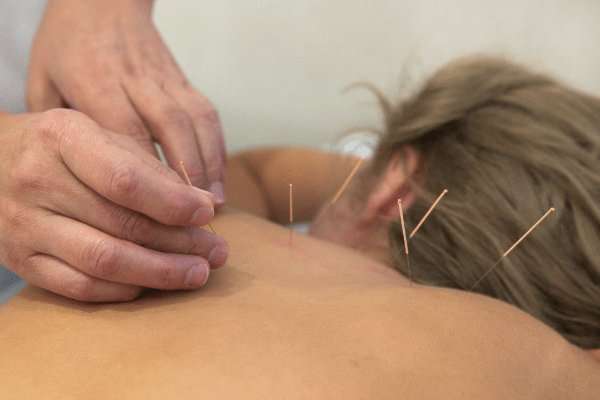
In TCM, a treatment of any kind will trigger a series of processes designed to remind the body’s various functions of the work they need to do. In simple terms, this treatment (acupuncture, herbal decoction, etc.) will either energize or disperse the Qi, depending on the imbalance diagnosed.
The Qi thus rebalanced will, in turn, communicate with each organ. It helps the organs to function properly and assists them to work in harmony with each other.
During this time, the repair processes may or may not provoke different states that will affect the patient to a greater or lesser extent. One example is fatigue.
Basically, Chinese energetics considers fatigue to be indicative of an imbalance in Qi (vital energy). After therapy, either the patient feels better, or the body’s intense internal work will cause fatigue, which can sometimes be significant, while the body is rebalanced.
The healing process also has an impact on the emotions, and can generate frustration, irritability and even sadness (pessimism). It is therefore important to preserve one’s emotional and affective environment to avoid too many emotional excesses.
To support the healing process as effectively as possible, patients are strongly advised to take particular care with their lifestyle (see box). This can be an opportunity to initiate lasting changes, conducive to better, lasting health.
My attitude to healing

It’s essential to preserve energy and avoid adding to existing fatigue. So the priority is rest. This doesn’t mean sleeping. You can walk in nature, relax by reading, listen to beautiful music…
In some cases, it’s a good idea to have several acupuncture sessions to boost and re-equilibrate your energy. You can also take the opportunity to practise qi gong, which also has a positive effect on energy balance.
It’s important to keep an eye on your diet, which should be light. As a reminder, sugar should be banned during this period, especially refined sugar. This of course includes slow sugars or carbohydrates, as well as sweet drinks and alcohol. Foods that don’t cause stagnation should be favored.
It’s important to stay in a calm climate that doesn’t trigger emotional excesses. In certain cases, it’s important for the patient to stay away from people and situations that bring toxicity. For example, in the case of serious pathologies, the fears and worries of those around the patient will increase the burden on the patient, which is highly detrimental to healing.
So it’s best to focus on people who are cheerful and believe in you. In the same way, you can watch funny films, or engage in activities that bring you joy. If, during a TCM treatment, symptoms of illness increase, it’s important not to worry. It’s best to contact your TCM practitioner so that he can check what’s going on and adapt the treatment if necessary.

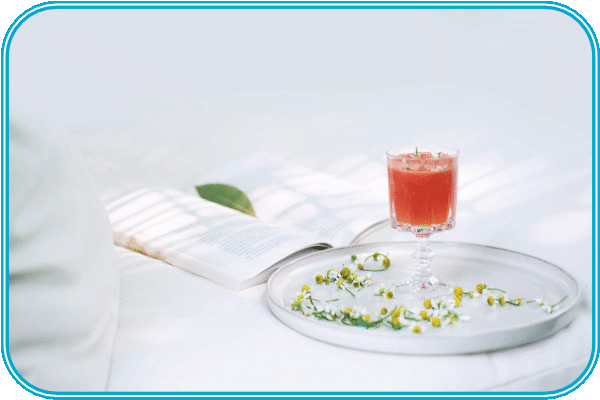
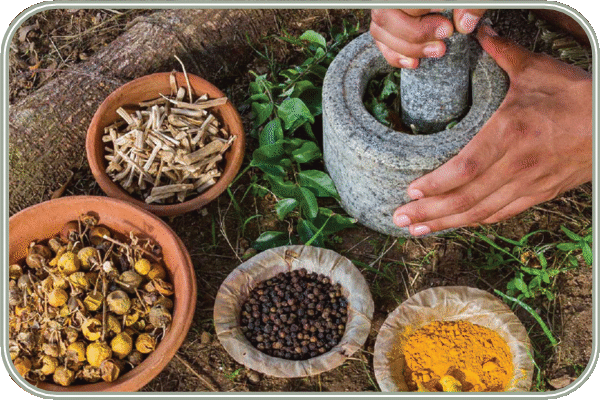

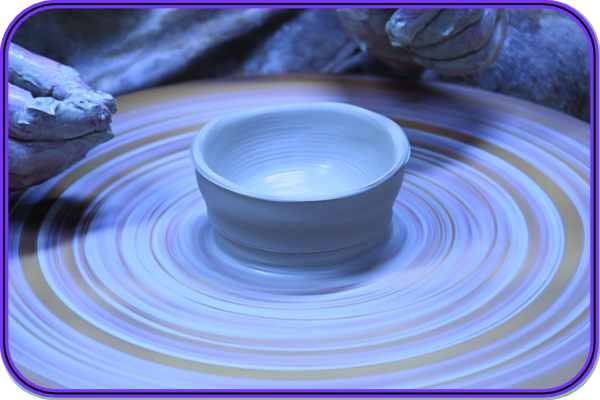
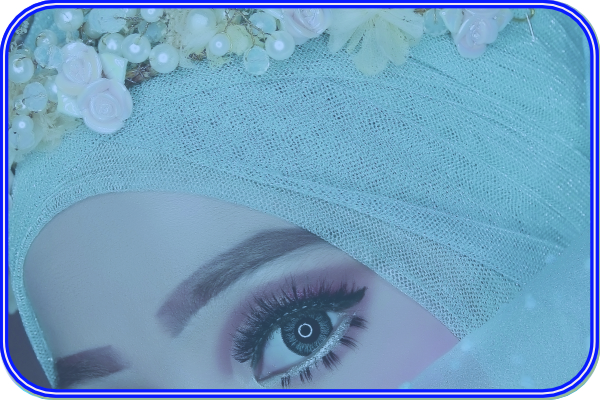

0 Comments